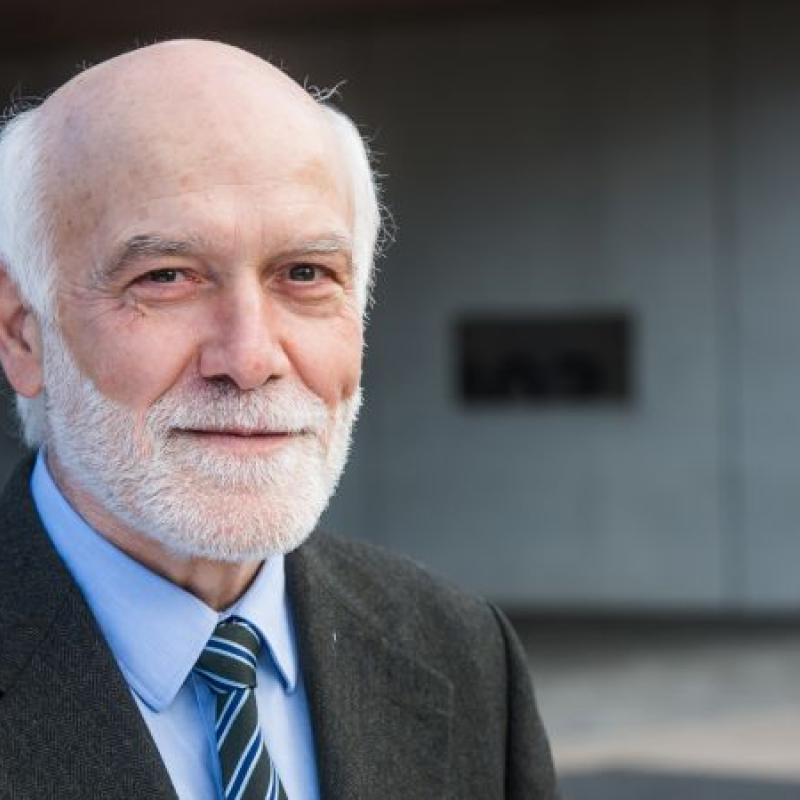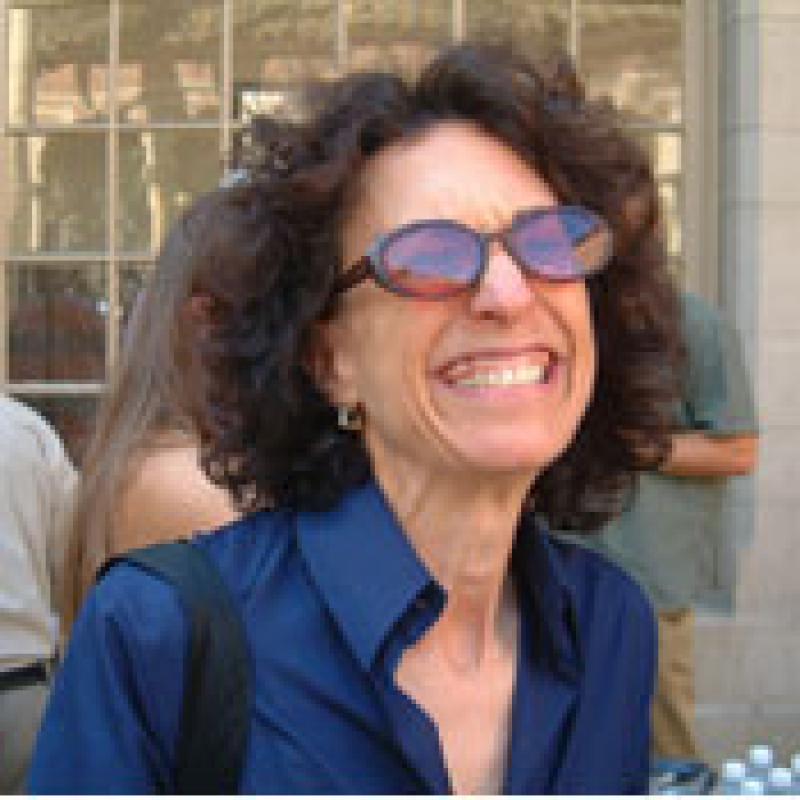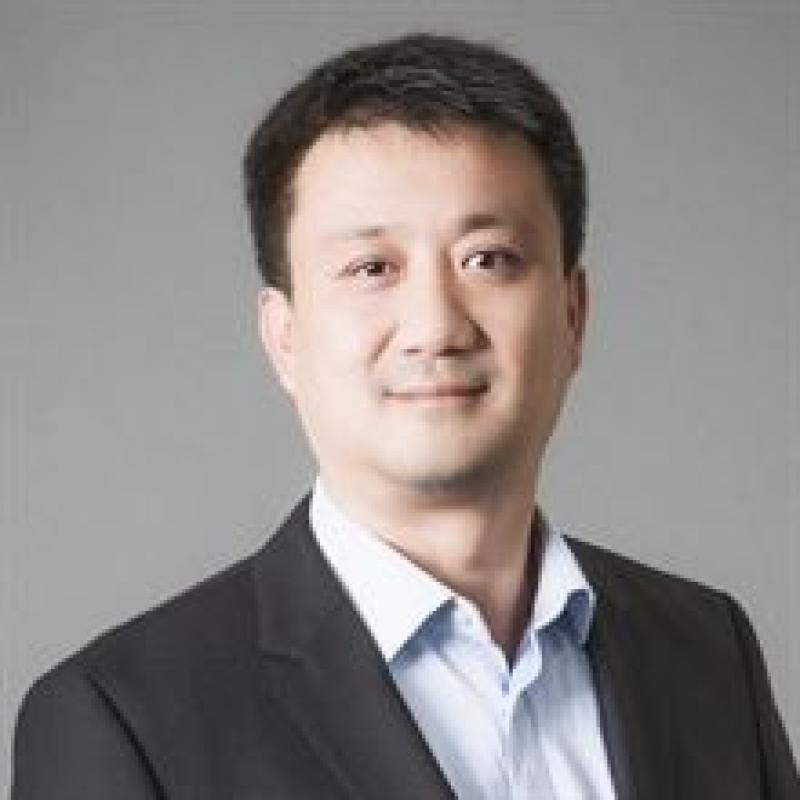Brain implants to augment memory used to be the stuff of science fiction, but no longer. Neuroprosthetics, such as cochlear implants, have been around for decades, and the FDA recently approved the first retinal implants. But today, brain implants to improve and augment memory is the epicenter of neuroprosthetics R&D and for good reason. Based on current projections, by 2050, persons with various types of dementia, which includes Alzheimer’s disease, will exceed 16 million, or about 1 in 5 Americans age 65 and older. This means that at least a fourth of the students here at USC today will experience memory loss later in life. Memory loss from traumatic brain injury (TBI) will only raise this number. According to the Department of Defense, 270,000 service members alone have been diagnosed with TBI since 2001, and this doesn’t account for TBI resulting from accidents among our civilian population. Some of the largest challenges the neuroprosthetic research continues to face in regards to those developments, are the effective and accurate measurement of brain signals.
Applications for these neuroprosthetics are manifold: from the detection and surveillance of epilepsy, Alzheimer’s, Parkinson’s or even depression, to the reduction of their symptoms. DARPA (Defence Advanced Research Projects Agency) began research over three decades ago on neurotechnology for military personnel impacted by TBI in the theatre of war, but there are developments in this area of research that should give us pause. DARPA is also employing this same research to support military training and effectiveness by using non-invasive interventions to accelerate and improve the performance of complex, military-relevant skills by healthy individuals.
To discuss these developments in the world of bio-medical neuro-engineering, and the attending moral and ethical questions, we are thrilled to have Dr. Yiannos Manoli, Director of the Fritz Huettinger Chair of Microelectronics and current Fellow at the Thomas Mann House hold a quintescentially polymathic conversation with USC Associate Professor of Neural Engineering Dong Song and USC Professor of Philosophy Janet Levin. As medical advances continue to lengthen the human life-span, our future depends on the breakthroughs in neuroscience and neural interface devices to improve memory function to recapture our past. But it is imperative we bring the moral and ethical checks alongside these developments.


